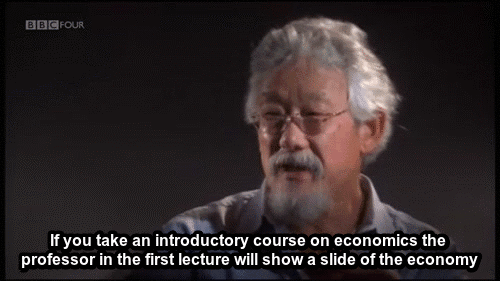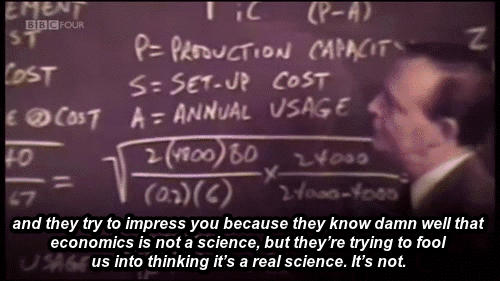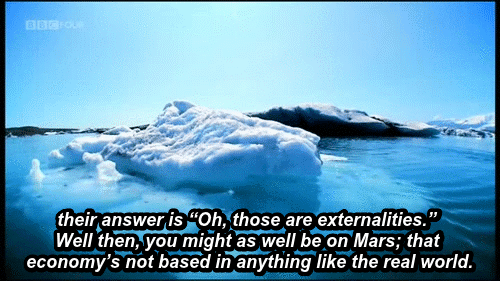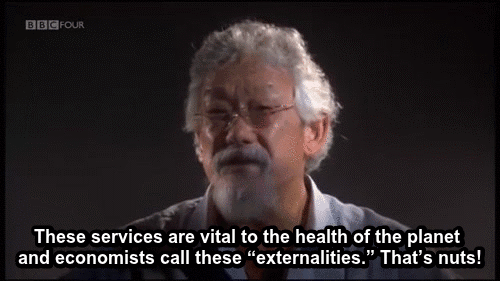
Представи си онова, което е твърде хубаво, за да е истина!!! - Представяй си го всяка сутрин, всеки миг :)
Wednesday, February 26, 2014
Tuesday, February 25, 2014
the pros and cons for abortion... for the US
fandomsandfeminism:You’re asking people who can become pregnant to accept less bodily autonomy than we grant to dead bodies.
Fun fact: If my younger sister was in a car accident and desperately needed a blood transfusion to live, and I was the only person on Earth who could donate blood to save her, and even though donating blood is a relatively easy, safe, and quick procedure no one can force me to give blood. Yes, even to save the life of a fully grown person, it would be ILLEGAL to FORCE me to donate blood if I didn’t want to.See, we have this concept called “bodily autonomy.” It’s this….cultural notion that a person’s control over their own body is above all important and must not be infringed upon.Like, we can’t even take LIFE SAVING organs from CORPSES unless the person whose corpse it is gave consent before their death. Even corpses get bodily autonomy.To tell people that they MUST sacrifice their bodily autonomy for 9 months against their will in an incredibly expensive, invasive, difficult process to save what YOU view as another human life (a debatable claim in the early stages of pregnancy when the VAST majority of abortions are performed) is desperately unethical. You can’t even ask people to sacrifice bodily autonomy to give up organs they aren’t using anymore after they have died.
But, assuming the mother wasn’t raped, the choice to HAVE a baby and risk sacrificing their “bodily autonomy” is a choice that the mother made. YOu don’t have to have sex with someone. Cases of rape aside, it isn’t ethical to say abortion is justified. The unborn baby has rights, too.generalmaluga:
First point: Bodily autonomy can be preserved, even if another life is dependent on it. See again the example about the blood donation.
fandomsandfeminism:
And here’s another point: When you say that “rape is the exception” you betray something FUNDAMENTALLY BROKEN about your own argument.
Because a fetus produced from sexual assault is biologically NO DIFFERENT than a fetus produced from consensual sex. No difference at all.
If one is alive, so is the other. If one is a person, so is the other. If one has a soul, then so does the other. If one is a little blessing that happened for a reason and must be protected, then so is the other.
When you say that “Rape is the exception” what you betray is this: It isn’t about a life. This isn’t about the little soul sitting inside some person’s womb, because if it was you wouldn’t care about HOW it got there, only that it is a little life that needs protecting.
When you say “rape is the exception” what you say is this: You are treating pregnancy as a punishment. You are PUNISHING people who have had CONSENSUAL SEX but don’t want to go through a pregnancy. People who DARED to have consensual sex without the goal of procreation in mind, and this is their “consequence.”
Wednesday, February 12, 2014
Tuesday, February 4, 2014
Sunday, February 2, 2014
Understanding Hindu Polytheism
Everybody knows that Hindus worship many Gods. To many Westerners raised on the idea of monotheism this seems rather odd and maybe a little backward. Yet, in the Hindu literature we see references to “God” just about as often as references to a particular God such as Shiva. There is absolutely no conflict here. To understand this we must understand the fundamental difference in the way Hindus see time.
In the west we see time as linear. It starts, it flows and it ends. In Hinduism time is seen as cyclical. A wheel. It never starts and never ends but repeats. Add to this the twin concepts of reincarnation and the incarnation of avatars i.e. gods who take different forms in different times and places and it is easy to see why Hinduism is so welcoming to new gods. So, Christ comes along as a compassionate God of love? Easy. A Hindu recognizes and incarnation of Krishna when she sees one. A powerful omniscient creator God? Why, Brahma of course. A god capable of the destruction of all life on Earth? Why, Shiva of course.
Where a Jewish, Christian or Muslim conqueror would, as his first order of business destroy the idols of the conquered land a Hindu would invite them into the temple and consider all Gods as just the same Gods with different faces and different names.
The Hindu “Trinity” known as “Trimurti” consists of Brahma the creator, Vishnu the preserver and Shiva the destroyer. Taken together they represent all of the phases of the created universe of forms within which we all dwell. This universe is created, exists for a time and then is destroyed to be created anew. Yet, there is another Hindu vision of God and that is “Brahman” not to be confused with “Brahma”. Brahman is the underlying unity, the One. Brahman is not created nor can it be destroyed. In this sense one could say that Hinduism is pantheistic.
So, when looking at the great and ancient tradition which is Hinduism you will see that she is at the same time polytheistic, monotheistic and pantheistic and that there is no conflict between these three.
๑ Samsaran ๑
via
In the west we see time as linear. It starts, it flows and it ends. In Hinduism time is seen as cyclical. A wheel. It never starts and never ends but repeats. Add to this the twin concepts of reincarnation and the incarnation of avatars i.e. gods who take different forms in different times and places and it is easy to see why Hinduism is so welcoming to new gods. So, Christ comes along as a compassionate God of love? Easy. A Hindu recognizes and incarnation of Krishna when she sees one. A powerful omniscient creator God? Why, Brahma of course. A god capable of the destruction of all life on Earth? Why, Shiva of course.
Where a Jewish, Christian or Muslim conqueror would, as his first order of business destroy the idols of the conquered land a Hindu would invite them into the temple and consider all Gods as just the same Gods with different faces and different names.
The Hindu “Trinity” known as “Trimurti” consists of Brahma the creator, Vishnu the preserver and Shiva the destroyer. Taken together they represent all of the phases of the created universe of forms within which we all dwell. This universe is created, exists for a time and then is destroyed to be created anew. Yet, there is another Hindu vision of God and that is “Brahman” not to be confused with “Brahma”. Brahman is the underlying unity, the One. Brahman is not created nor can it be destroyed. In this sense one could say that Hinduism is pantheistic.
So, when looking at the great and ancient tradition which is Hinduism you will see that she is at the same time polytheistic, monotheistic and pantheistic and that there is no conflict between these three.
๑ Samsaran ๑
via
Subscribe to:
Posts (Atom)









